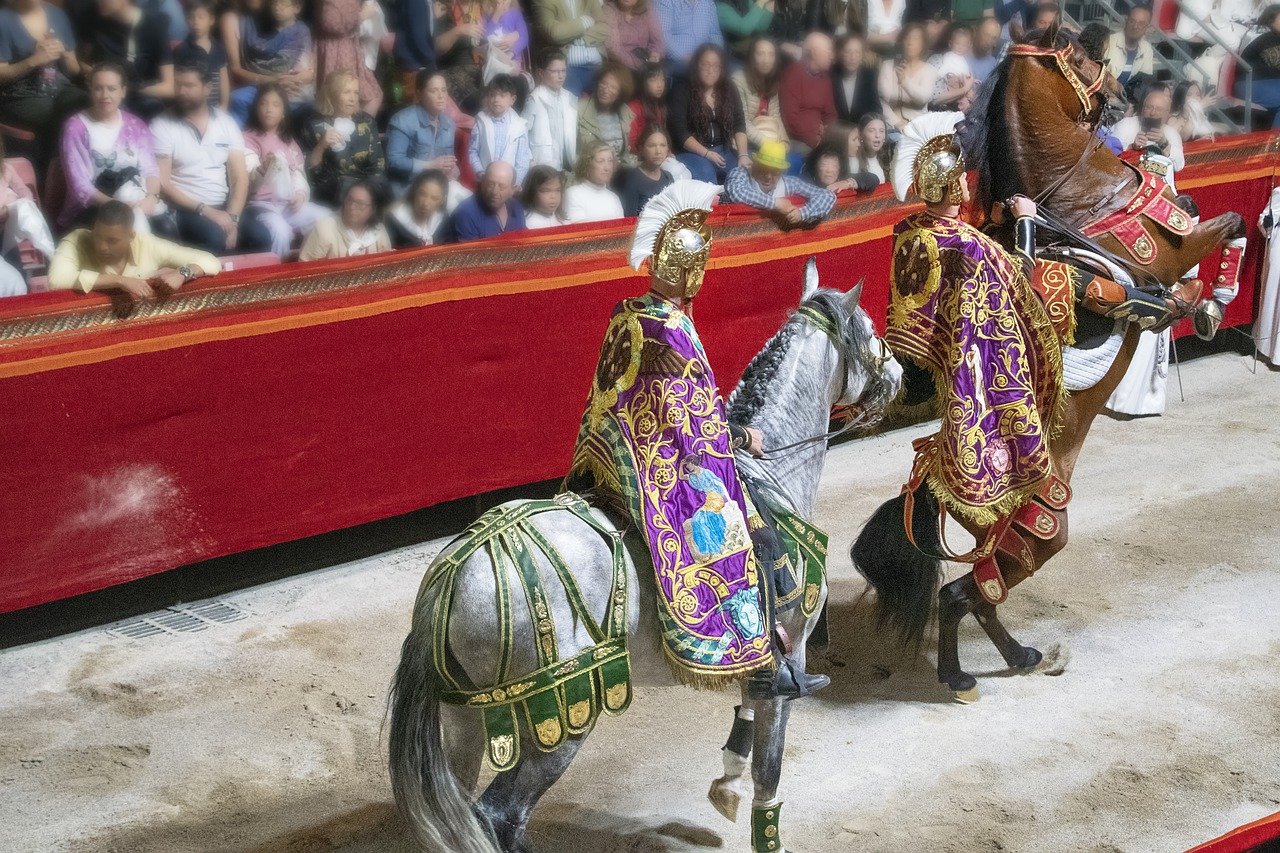The Roman deity Quirinus occupies a pivotal role in the realm of ancient Roman mythology and religion, richly embedded in the spiritual and cultural life of the Romans. His ties to Mars, the formidable god of war, coupled with his worship on Quirinal Hill in Rome, highlight his significance. Quirinus, mythologically linked with Romulus—the legendary founder of Rome—serves as an essential figure reflective of various Roman values and practices. This exploration will delve into the origins, relevance, and rituals associated with the fascinating god Quirinus.
Quirinus: Origins and Cultural Significance
The roots and symbolism of Quirinus reveal much about this complex deity within ancient Roman belief systems. Understanding these aspects allows further insight into his impact on Roman society.
Etymology and Meaning
The name Quirinus likely draws from “quirium,” meaning a connection to an early Sabine settlement that later assimilated into the Roman community. Alternatively, it may derive from “covirium,” signifying an assembly of people. These meanings underscore Quirinus’s significant links to communal identity and societal unity.
Link to Mars, God of War
Quirinus shares a close relationship with Mars, embodying the qualities of strength, courage, and protection inherent to warfare. However, contrary to Mars, who epitomizes the tumult of battle, Quirinus emphasizes the safeguarding of the Roman people, representing the stability of martial existence.
Quirinal Hill: The Worship Location
Within Rome, Quirinal Hill emerged as the primary venue for rituals honoring Quirinus. Initially recognized by the Sabine people, he later ascended in prominence as a well-regarded Roman deity. Positioned with Jupiter and Mars, Quirinus maintained a significant status within the Roman pantheon.
The Mythological Link with Romulus
Quirinus maintains a fascinating mythological tie with Romulus. This connection is intermediary through the deification of Romulus by Jupiter, who designated him as Quirinus after his mortal departure.
Deification and Identity
Following his death, Romulus was elevated by Jupiter to deity status, transforming into Quirinus. This change solidified their association, presenting them as manifestations of one another. This duality conferred a divine essence upon Romulus as the protector of Rome, connecting the city’s inception with its divine patron.
Quirinus’s Role within Roman Culture and Religion
The intertwining narratives of Quirinus and Romulus carry profound implications for Roman identity and spirituality. As Romulus’s divine counterpart, Quirinus emerged to symbolize the strength, unity, and resilience characteristic of Roman ideals. His significance underscored the divine favor afforded to Rome, fostering sentiments of reverence among its citizens, who often sought his guidance during hardships and strife.
Additionally, Quirinus encapsulated aspects of Mars, reflecting initial connections to warfare. However, with the evolution of society, his martial qualities transitioned towards protective guardianship. The annual festival Quirinalia is a notable event in honoring Quirinus’s role in promoting agricultural success, crucial for Rome’s overall welfare.
Quirinalia: A Celebration of Divine Favor
One of the central observances devoted to Quirinus was Quirinalia, celebrated on February 17th. This festival fostered community unity, bringing Romans together to express gratitude and seek Quirinus’s blessings for protection and prosperity.
During Quirinalia, rituals took place at Quirinal Hill, highlighted by offerings, prayers, and traditional ceremonial acts performed by priests. Participants donned special garments and carried symbolic items representing their devotion, while music and dance infused the atmosphere of celebration.
Quirinus’s Agricultural Significance
Beyond martial associations, Quirinus was also a vital figure in the agricultural domain, safeguarding crop growth and fertility. His blessings were sought by farmers and landowners, voicing prayers for good harvests and protection against natural disasters. Rituals often featured the purification of fields and offerings of grain, reinforcing Quirinus’s role as the protector and provider of agricultural bounty.
Quirinus in the Roman Pantheon
Among Roman deities, Quirinus held a vital position alongside Jupiter and Mars—an emblem of the Archaic Triad. His importance reflects core aspects of Rome’s religious practices and ideologies.
Status Among Deities
Often regarded within the same echelon as Jupiter and Mars, Quirinus exemplified essential beliefs within Roman spirituality. The flamines, the highest priestly ranks, devoted themselves to honoring this triad of gods, indicating Quirinus’s stature in religious ceremonies.
Relation to Jupiter and Mars
The connections Quirinus forged with Jupiter and Mars add layers to his role in the pantheon. Some interpretations suggest he could be viewed as an aspect of Jupiter, reflecting regal qualities. Simultaneously, his relationship with Mars positioned Quirinus as a proponent of protective warfare, tasked with the welfare of the Roman populace.
Conclusion
In summation, the intertwining of Quirinus and Romulus emerges as a significant narrative threading through Roman culture and religion. The transformation of Romulus into Quirinus not only elevated him to divine status but also localized tales of Rome’s origins and protection into one deity. Quirinus, embodying both martial strength and nurturing guardianship, played a fundamental role in fostering the well-being and prosperity of Rome and its citizens.



